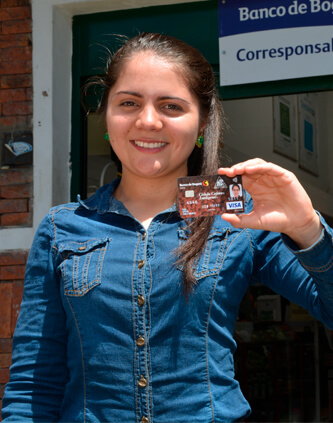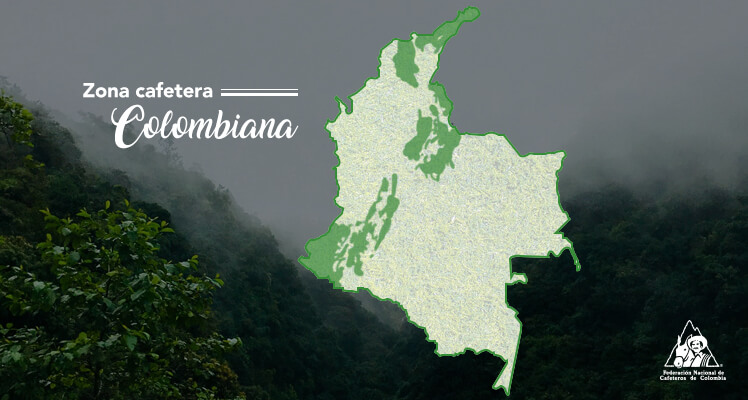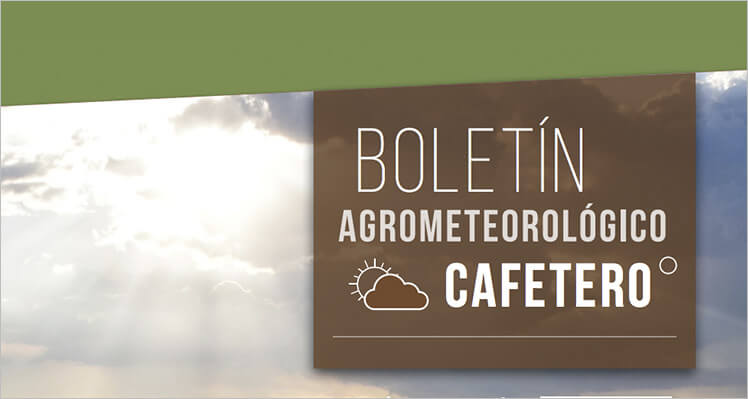INDICADORES:
-
Internal Reference Price:
$2.500.000
Fecha: 2026-01-29
Internal reference price for the purchase of dry parchment coffee per load of 125 Kg. This price varies according to distance from the point of purchase to the price. Coffee growers cooperatives cover, at this price, all costs related to the coffee collection service to the producer. For more information about the price. -
Bolsa NY USD ¢/lb:
345,50
Fecha: 2026-01-29
This value is represented in cents per pound per dollar. For more information about the price -
Exchange rate:
$3.641
Fecha: 2026-01-29
For more information about the price -
MeCIC:
$0
Fecha: 2024-07-12
This is the value of the compensation per load of coffee and its compensation will vary according to the Sisben category to which the coffee grower belongs. Keep in mind that the value cannot be greater than the following:
Sisben A: $86.500 per charge
Sisben B: $86.000 per charge
Sisben C: $84.100 per charge
Clic here for more info.




